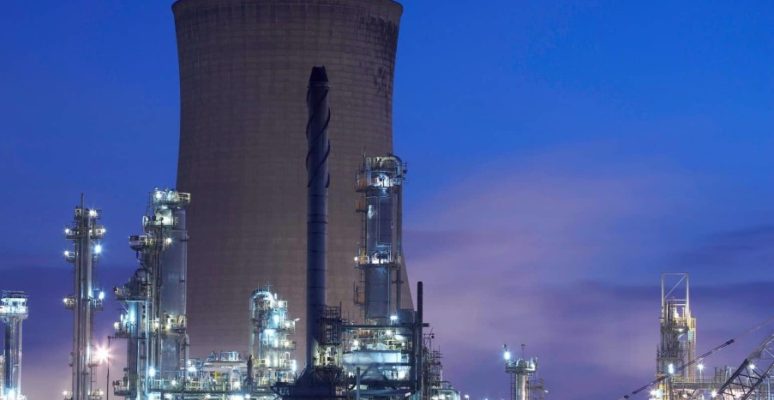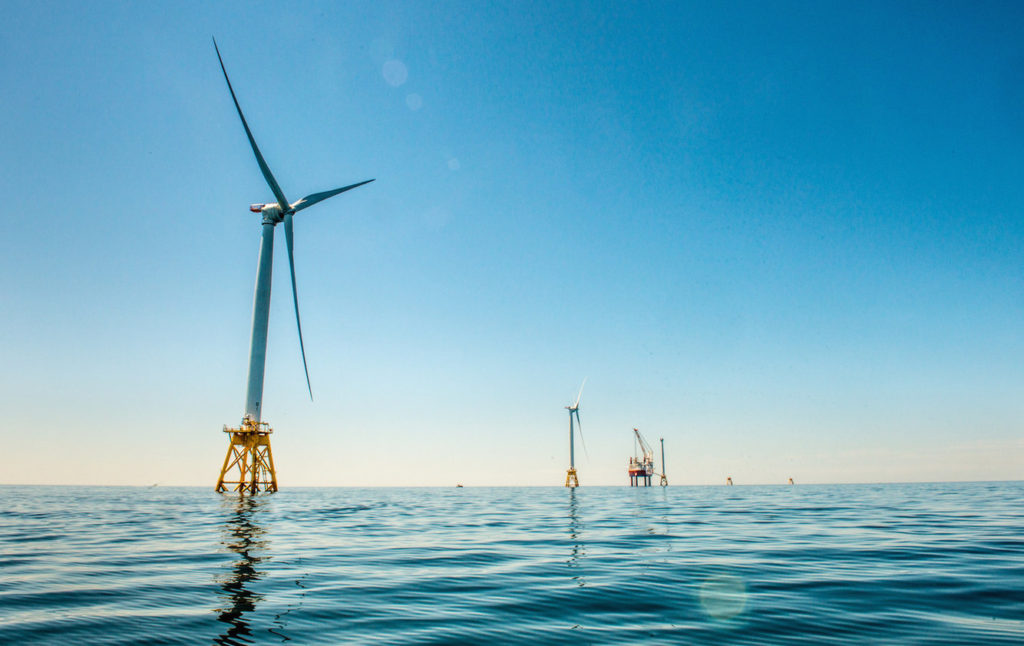
How the economy recovers from the impact of COVID-19 will have major implications on the UK’s ability to meet net-zero carbon targets.
Environmental experts have forecasted a huge surge in carbon emissions in the months following COVID-19, as governments and businesses look to bounce back from the pandemic quickly.
Ahead of a major United Nations climate change conference due to take place in Glasgow in 2021, a network of more than 30 UK-based universities – including experts from the University of Hull – has laid out recommendations surrounding the economic recovery from COVID-19.
Professor Dan Parsons, Director at the Energy & Environment Institute at the University of Hull, said: “The focus of the UK is, quite rightly, currently on protecting vulnerable people from COVID-19 and saving lives.
“However, there will come a time when attention will shift to recovering the economy and getting businesses and industry back up and running. This in itself is vital in allowing people to return to work and support their families.
“When this time comes, the UK must lead by example in rebuilding a new economy, with a clear focus on net-zero and a low-carbon future.
“We have an opportunity now, as industry has slowed and carbon emissions have been significantly reduced, to map out our future – in doing so massively increasing our chances of becoming net-zero carbon by 2050.”
As the world emerges from the crisis of COVID-19, governments are expected to introduce stimulus and recovery packages to boost economic growth, including in the UK.
These will have a significant impact on the UK’s future prosperity, including its potential to meet its own net-zero emissions target of 2050.

The COP26 Universities Network is a group of more than 30 UK-based universities working together to help deliver an ambitious outcome at the next meeting, hosted by the UK next year.
It includes the University of Hull and its Energy & Environment Institute, alongside the likes of the University of Oxford, University of Cambridge, Durham University, the University of Manchester and University of Bristol.
The network has proposed a string of measures it suggests should be at the centre of the UK’s economic recovery from COVID-19.
It includes conditional bailouts for struggling firms, dependent on improvements in climate-based criteria. These would be targeted at fossil fuel-intensive sectors and companies.
Other recommendations include an incentive scheme for electric vehicle purchase, improved broadband connectivity across the UK, and improving carbon standards for new-build homes.
As host of the upcoming COP26 summit in Glasgow, once the UK has its own sustainable recovery plan in place, it could lead a global effort to rebuild the world’s economy with a low-carbon focus.
Professor Parsons recently said the COVID-19 pandemic is predicted to lead to a 6% reduction in the global total of CO2 emissions in 2020.
This would be the largest ever annual fall, more than during any previous economic crisis or period of war.
However, to meet a trajectory for net-zero carbon by 2050, Professor Parsons highlighted “we need this to be over 7% each and every year between now and 2050.”
He said: “The unprecedented events we are seeing around the world with Coronavirus must serve as a wake-up call for our global society.
“We have seen the water in Venice’s canals look clearer than in recent memory, and satellite measurements have shown air pollution levels over China and Italy and other areas significantly improve, as travel decreases and industry slows.
“With some predictions indicating that carbon dioxide levels could increase rapidly after the virus has passed, as industry and economies looks to recover, attention must turn to how we make some of the temporary advances we are seeing over the past few months in reduced emissions, a permanent change in direction of increasing global emissions.”
